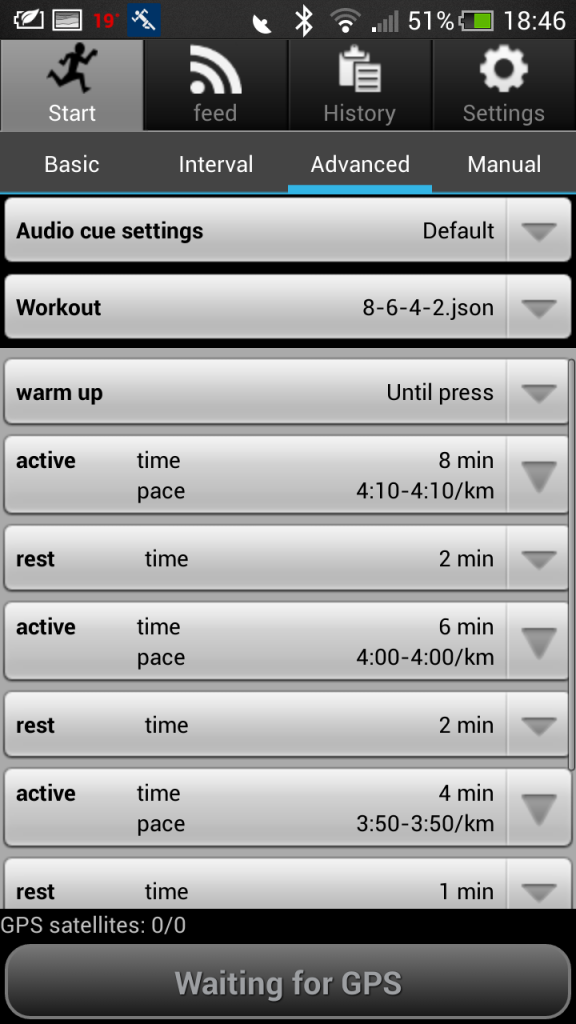
‡I'm not going to try to justify them it's their decision, not mine. This section describes migration path to Tcl/Tk 8.6 for: Developers writing Tcl extensions or embedding Tcl interpreter into their applications Users scripting. †Except on ARM with extra trickiness, which doesn't apply here.

For this example, we will assume the name of the interpreter is tclsh. Use teacup update to get a full set of packages installed and you should get Tcom working. The default Tcl/Tk installation on Windows runs all.Install the 32-bit build of ActiveTcl 8.6.0.0 (which works just fine on Win64-based systems like 64-bit Windows 7 and Windows 8).Ensure that your C:\Tcl directory really is deleted, and then.operating systems, allowing Tcl code to run on a wide variety of systems. the Tcl packages your script needs with the distribution and install them. Tcl is a high-level, general-purpose, interpreted, dynamic programming language. It started out as a Batteries Included effort to bring together in one binary distribution a variety of Tcl extensions ActiveState offers the ActiveTcl in 3. Uninstall all copies of ActiveTcl that you've got installed, then In particular, the change from Tcl 7.6 to Tcl 8.0 introduced some API changes. ActiveTcl, by ActiveState is a distribution of Tcl and Tk, coupled with a repository (conceptually similar to CPAN, as used by Perl, or the various Linux distribution package repositories).

The misleading error from using the wrong size of binary library build is unfortunate (a relatively minor bug stemming from the subtle differences between Windows and POSIX and how Tcl handles the mapping between the two) but I'd bet that's it. But you've got the package installed anyway (perhaps from a previous installation of ActiveTcl?) and that appears to be a 32-bit build. ActiveTcl 8.6.0.0 for 64-bit Windows, for commercial reasons ‡, requires an extra product key to access their 64-bit builds of external packages. You can't mix different bit-sizes within the same process † and you may well have installed a 64-bit build of ActiveTcl 8.6.0.0 under the belief that matching the size of the build and the system architecture is a good idea. In the non-interactive mode, you can run the script by specifying the script as a launch argument. In the interactive mode, you can source the script at XSCT prompt.

Hence my recommendation of the ActiveTcl Tcl/Tk distribution. You can create Tcl scripts with XSCT commands and run them in an interactive or non-interactive mode. For this project I made use of the incr tcl widget set, and the Tcl/Tk installed as part of most Linux distributions may not contain this set. This appears to be a 32-bit/64-bit issue. The drawback is that for the final script to run correctly, the target machine needs the mega widget extensions installed.


 0 kommentar(er)
0 kommentar(er)
